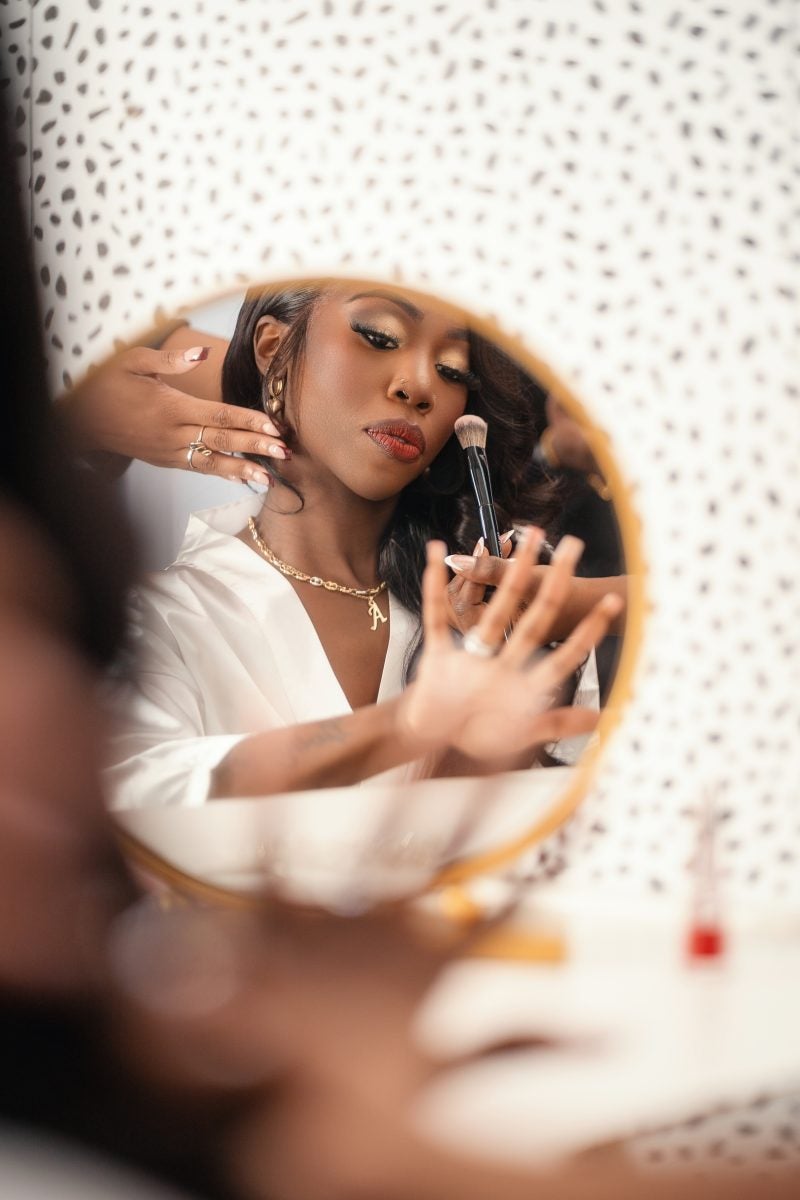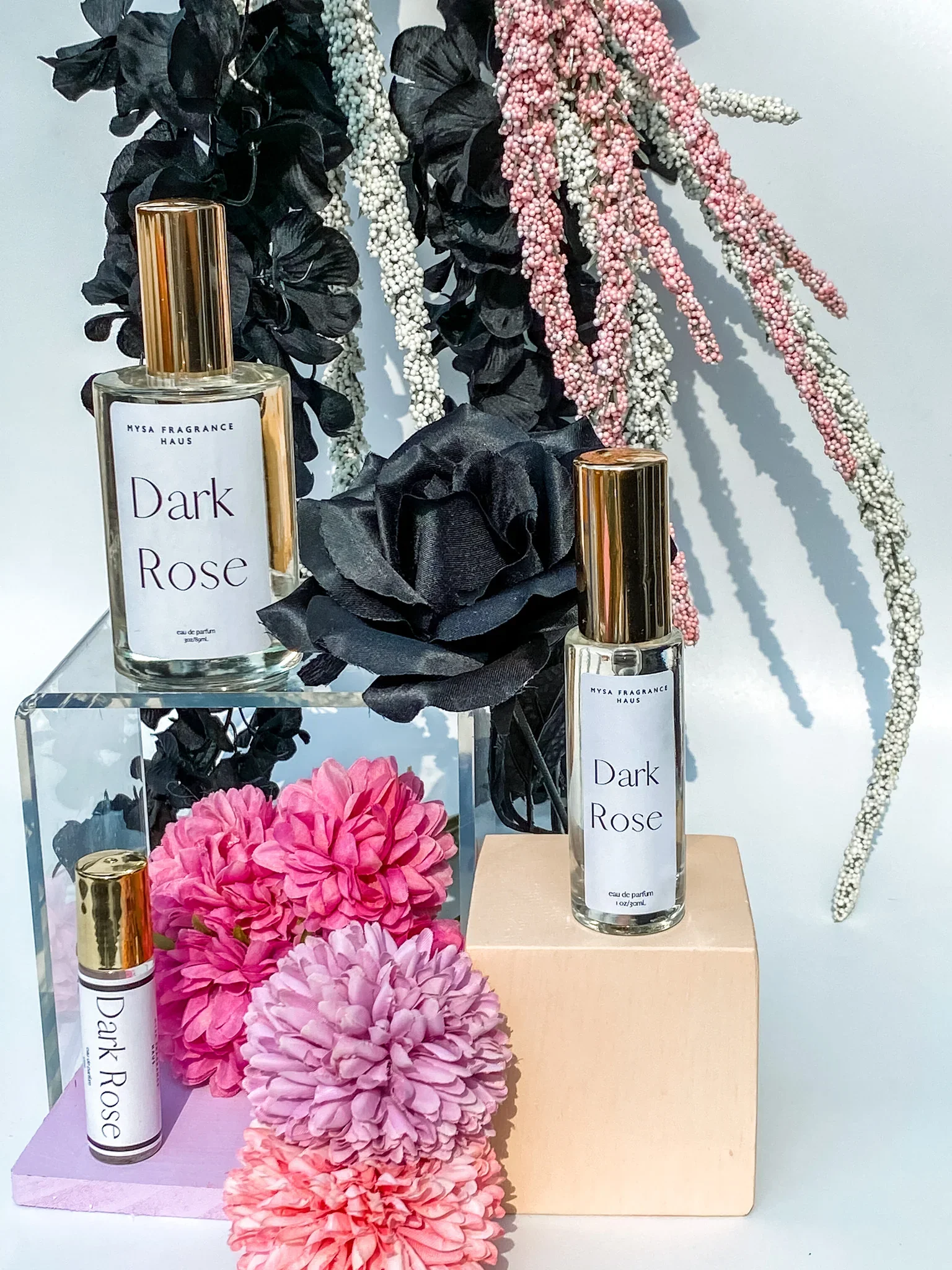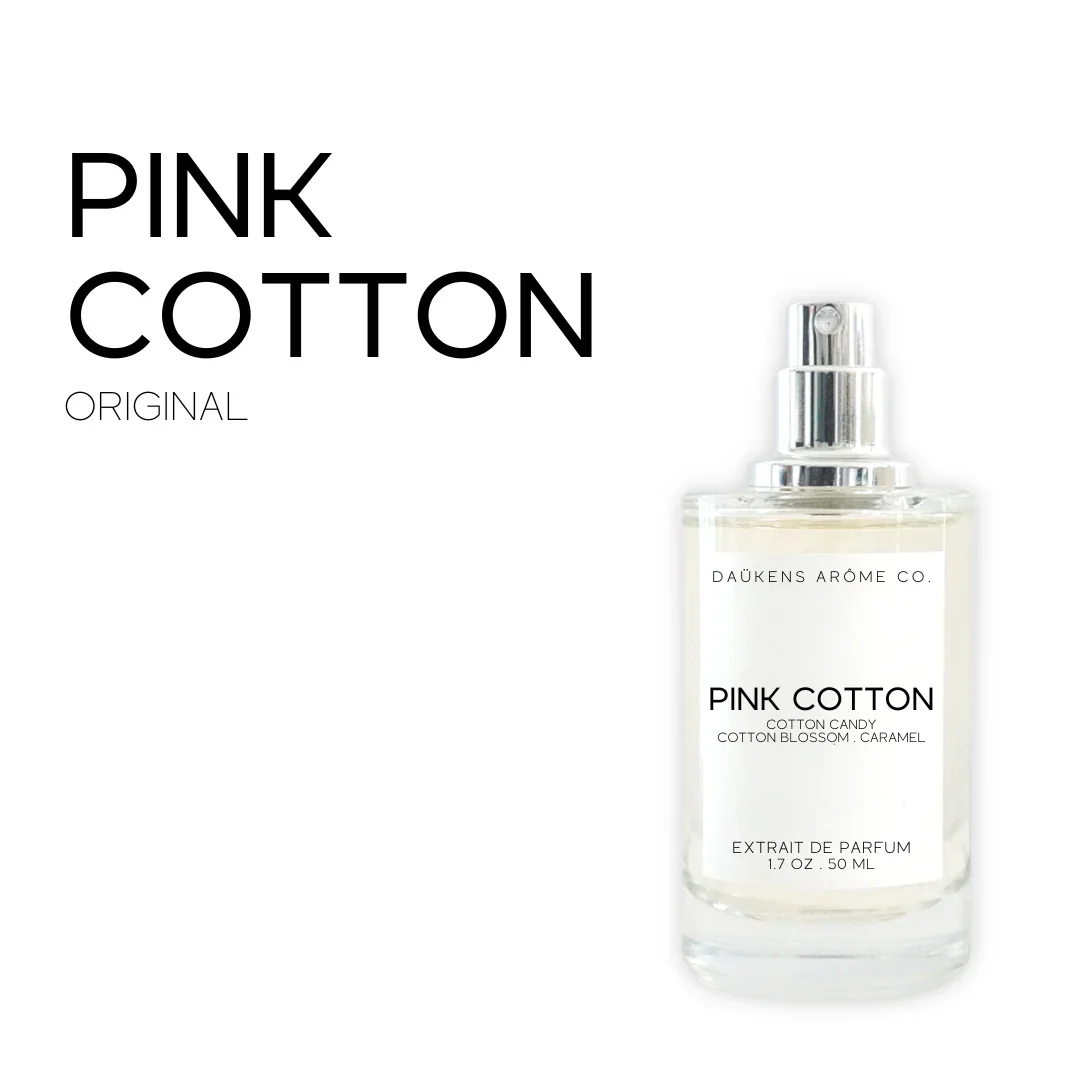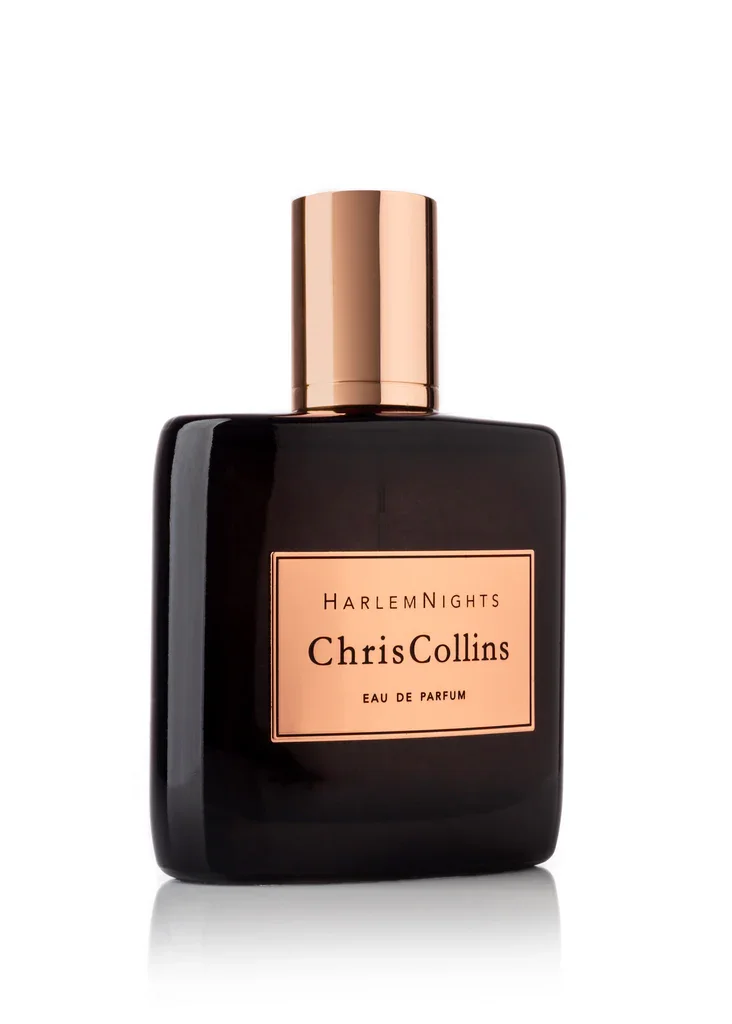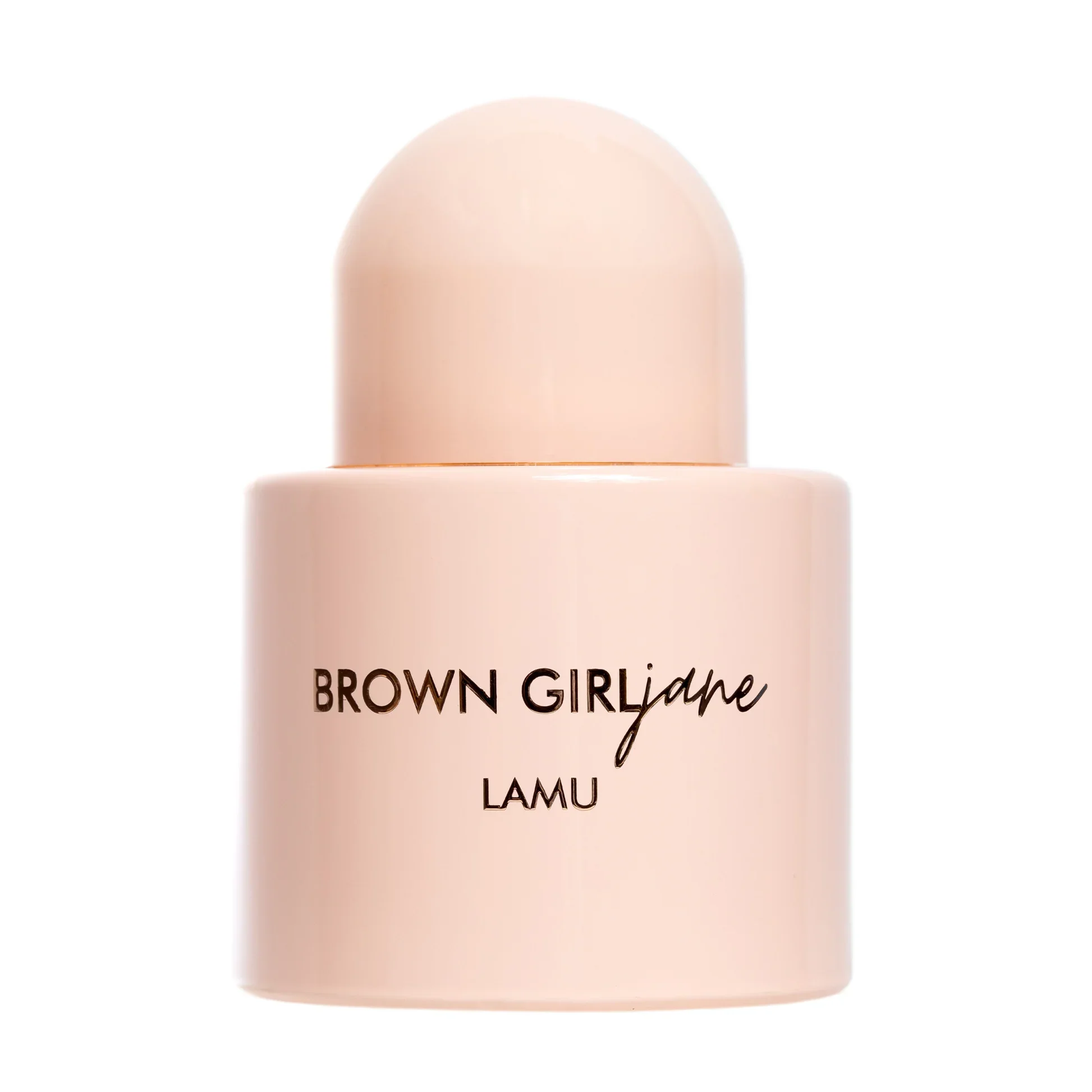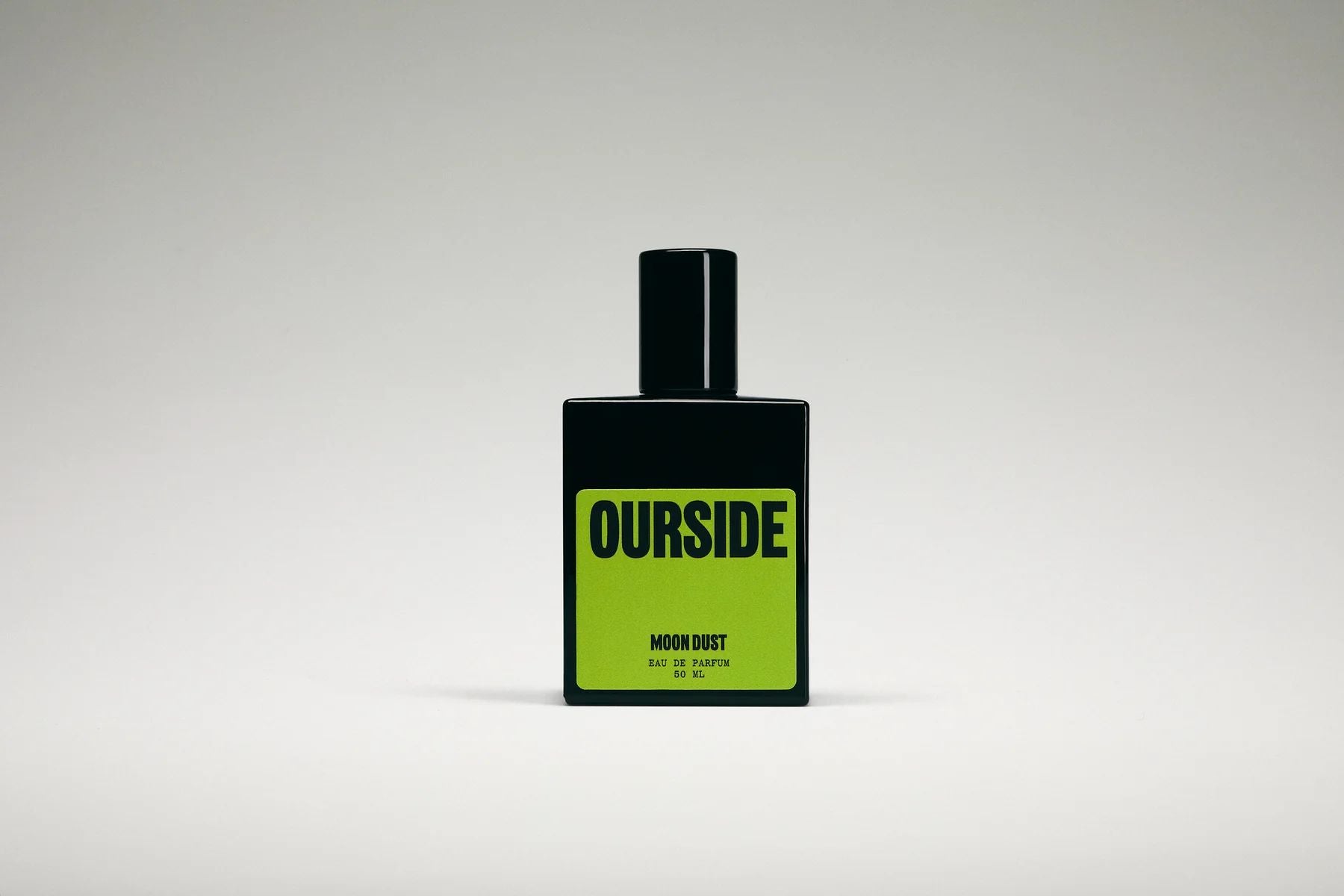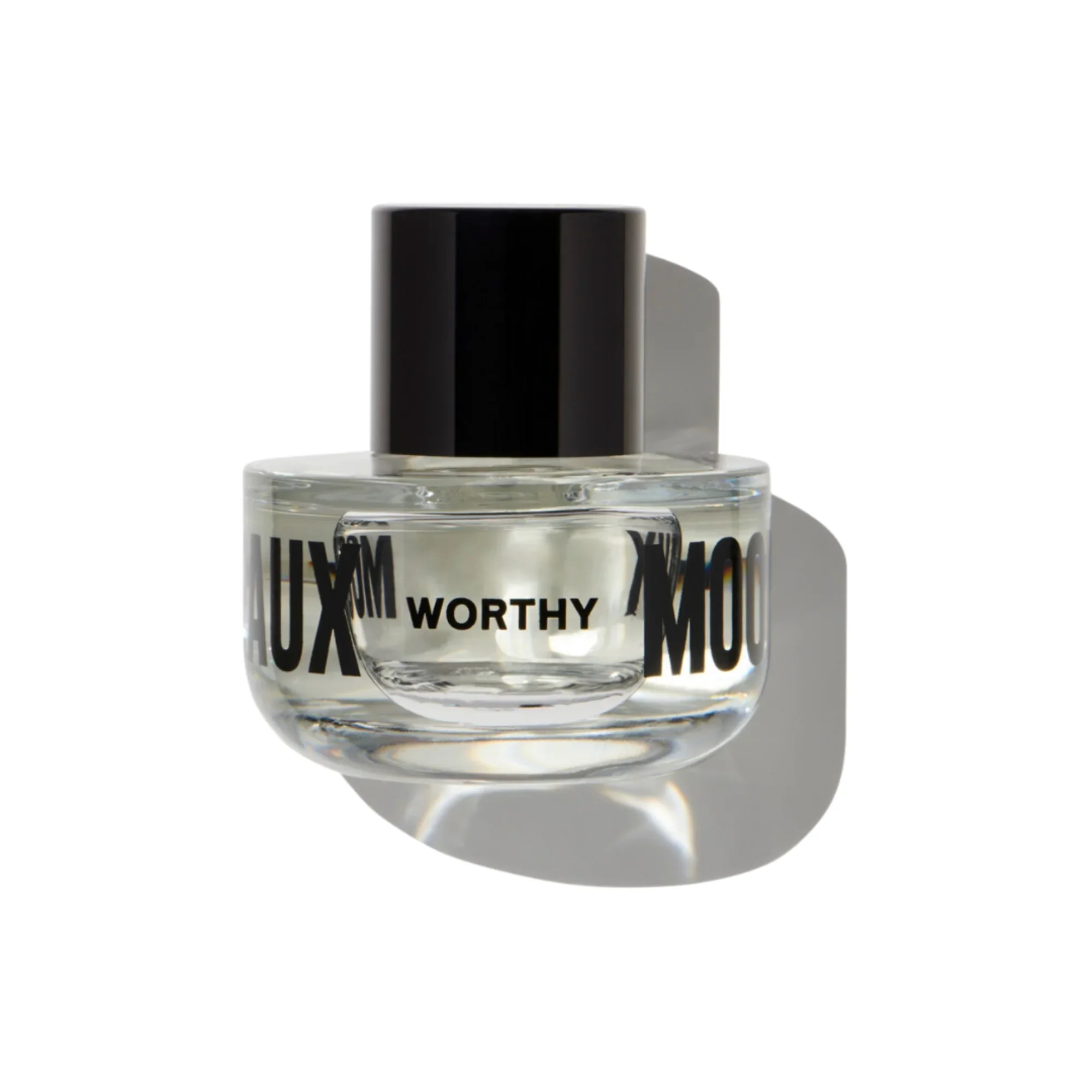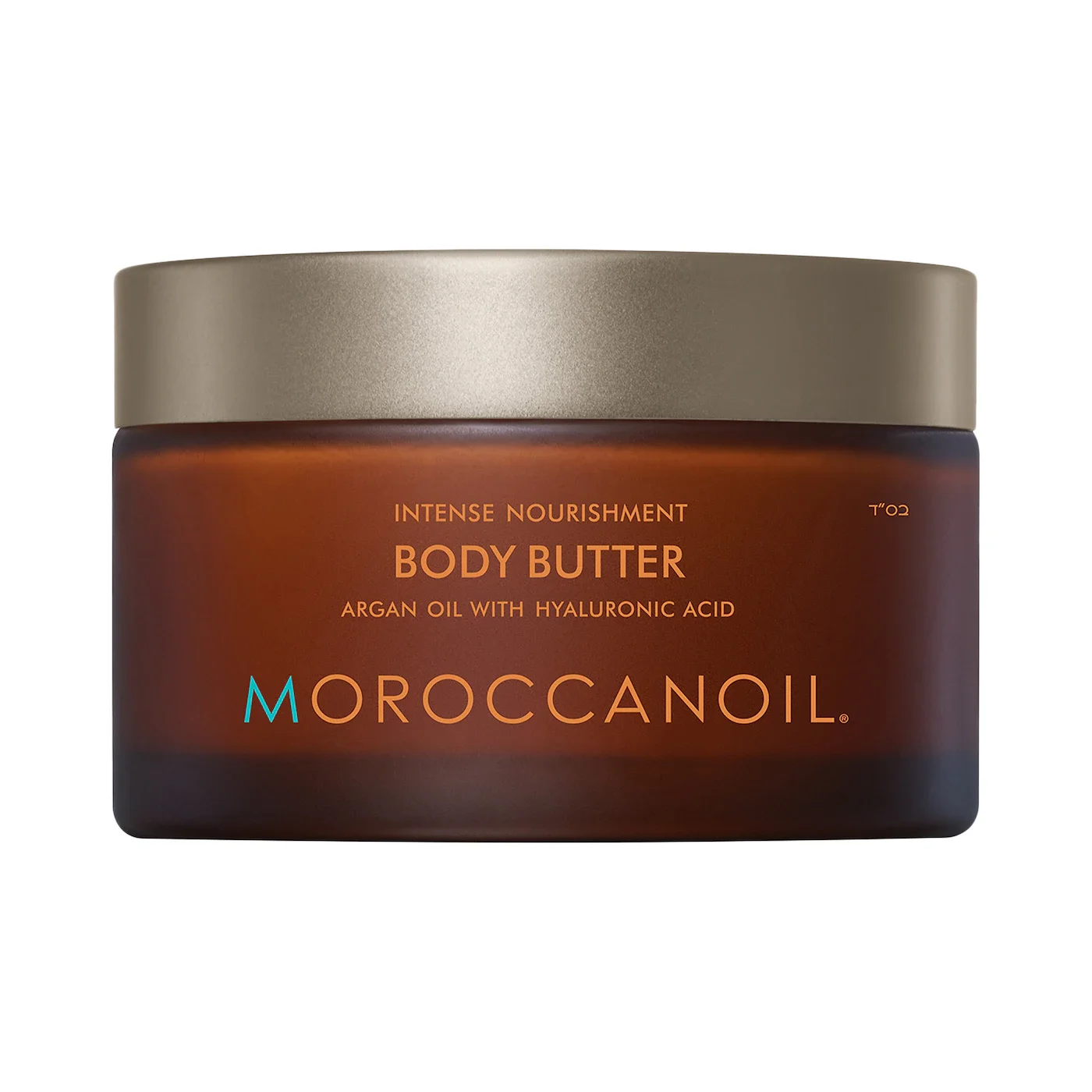
Over the past few years, self-care has become a buzzword and even commercial in some ways. Some of us may be tired of seeing listicles about it or finding it in a headline on every other podcast title. Conversations about this practice are important nonetheless as it’s a way of life and can impact your wellbeing. However, it may be time to move beyond very surface level ideas of self-care and explore more unconventional practices. That’s why we spoke to mental health professionals to explore a few unconventional ways to care for yourself in honor of National Self-Care Day.
Tell People How You Feel
This may seem like a simple tip, but not communicating how you feel can have a domino effect on your health and wellbeing. As you can imagine, not communicating your feelings can lead to resentment and grudges, which research shows can cause increased stress, inflammation and contribute to high blood pressure.
“When we hold feelings in, we do damage to our bodies, our self-esteem and our egos,” says Melissa Ifill, a therapist and coach.
Consider writing down a list of people who have annoyed or offended you lately and creating time to have a conversation with each of them.
“We need to be able to communicate for ourselves. Practicing that is an act of self-love and self-care.”
Create Goals for Four Core Areas of Your Life
Not knowing what direction you’re going in can be freeing in some instances and cause stress in others. While you can’t always control how you get to a goal, you can still set goals to give your life direction. Stacia’ Alexander, a therapist, speaker, and strategy coach, suggests setting goals that fall into four buckets–professional, self-care, relationships and spirituality.
“It’s understanding that you are a multi-dimensional being who needs balance in order to have peace and wellness in your life,” she tells ESSENCE.
Creating clarity for yourself is a form of self-care that people may not think about often. The practice can reduce mental clutter and remove some of the anxiousness that comes from the unknown.
Create a Rage Room
Many people either have unhealthy outlets for their anger or don’t know how to express it at all. Anger isn’t inherently a bad thing, but your inability to convey it in a safe way can be. For instance, in Korea, suppressed anger can lead to a culture-related anger syndrome. The syndrome is said to negatively affect said individual’s physical, psychological, and social functions.
To avoid repressed anger and care for yourself when you’re seeing red, consider a rage room, says Ifill.
“I love rage rooms! Break something! Yell as you do it. Get the energy and the feeling out,” she says.
A garage, shed or empty room at home can be transformed into a rage room. If you have kids, this may be a way to mirror self-care to them and teach them how to release anger in a safe way. If you don’t have the resources to create a rage room, you can always go to one. A quick Google search will direct you to the nearest rage room in your area.
Sit in the Sun
We know nature is good for our health, and that’s why it’s also a form of self-care. When possible, add sunlight to your daily routine, says Natashia Fields, a therapist, speaker and advocate.
“Research shows that the effects of sunlight do wonders for our mental health,” Fields says. “Getting some sun increases those “feel good” chemicals that help us increase productivity and decrease stress.”
A lack of sun exposure can result in serotonin (a natural chemical in your body that affects your mood) dips, which may explain low moods when you’ve been boxed indoors and in the dark, and seasonal depression.
Sit in an Open Space
Sometimes self-care isn’t about doing—it’s in being. That’s why Ifill suggests sitting in an open space with nothing on and being open to what your inner self or spirit leads you to do.
“See what you want to do and allow yourself to simply go with that flow,” she says. “Show the self–all the versions–that you are listening.”
Say “Yes” More







I think by now we’ve established that saying “no” is a powerful way to care for yourself. Have you thought about how saying “yes” more could have a similar effect on your wellbeing?
Fields says this is something we could practice more. “We often are told that saying ‘no’ is one foundation of self-care. But saying yes to ourselves, yes to rest, yes to good food, yes to great company is one unconventional way we care for ourselves,” she explains.
Of course, avoid overextending yourself, but don’t forget to say yes to things that are good for your mind, body, and soul.







